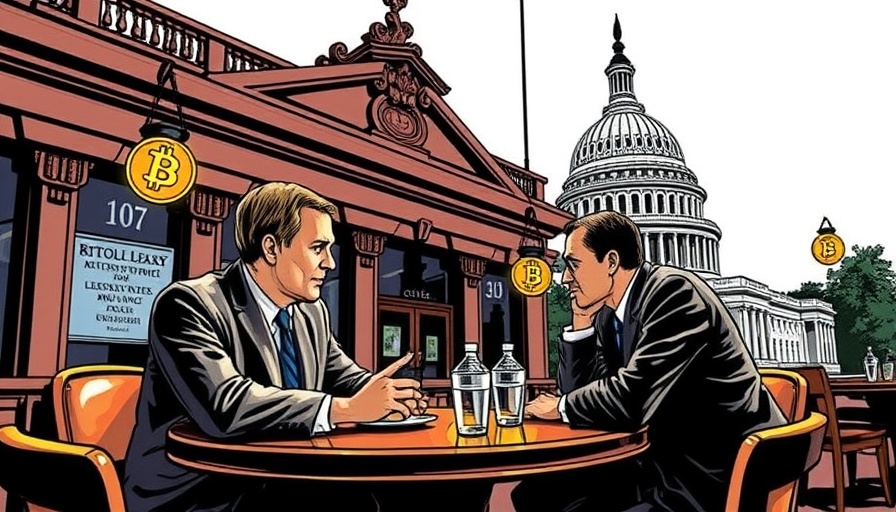
Can Bitcoin Bias Affect US Government Decisions?
Arthur Hayes, co-founder of BitMEX, recently shared his views on the implications of the US government's potential Bitcoin purchases. His sentiments suggest that the popular culture surrounding "Bitcoin bros"—young enthusiasts often seen flaunting wealth at nightclubs—might create resistance against the idea of government involvement in Bitcoin acquisition.
Understanding the Strategic Reserves Landscape
The US government currently holds 198,012 Bitcoins, largely from criminal seizures, equivalent to over $18 billion. Hayes pointed out that while it may appear appealing to expand this reserve, the reality of the nation’s financial mismanagement complicates such moves. Given the US's significant debt, he argued, printing more money to purchase Bitcoin isn't politically viable. Hayes emphasized that any proposed buying spree would draw scrutiny from the public, who might associate Bitcoin's current image with nightlife excess.
Potential Ripple Effects in the Cryptocurrency Market
Industry insiders echo Hayes's concerns about the broader ramifications if the government were to begin buying Bitcoin. Sergej Kunz, co-founder of 1inch, warned that aggressive acquisitions could incite nations into competition for Bitcoin, suggesting that smaller countries might struggle to purchase the cryptocurrency if the US enters the fray.
Historical Context: Bitcoin's Rise and Regulatory Scrutiny
The concept of strategic Bitcoin reserves isn't new. Previous discussions under different administrations have floated similar ideas, often colliding with the decentralized ethos of cryptocurrency. As governments continue grappling with how to handle the potential of digital currencies, the ongoing dialogue about reserves serves as a stark reminder of the tension between innovation and regulation.
Conclusion: Weighing Market Dynamics with Image Challenges
As the cryptocurrency landscape evolves, the narratives that surround Bitcoin could heavily influence governmental actions. The challenge lies in reshaping public perception of Bitcoin beyond stereotypes, highlighting its potential as a stable asset rather than a party expense. The dialogue initiated by Hayes encourages investors and policymakers alike to rethink their strategy towards this digital asset.
 Add Row
Add Row  Add
Add 




Write A Comment